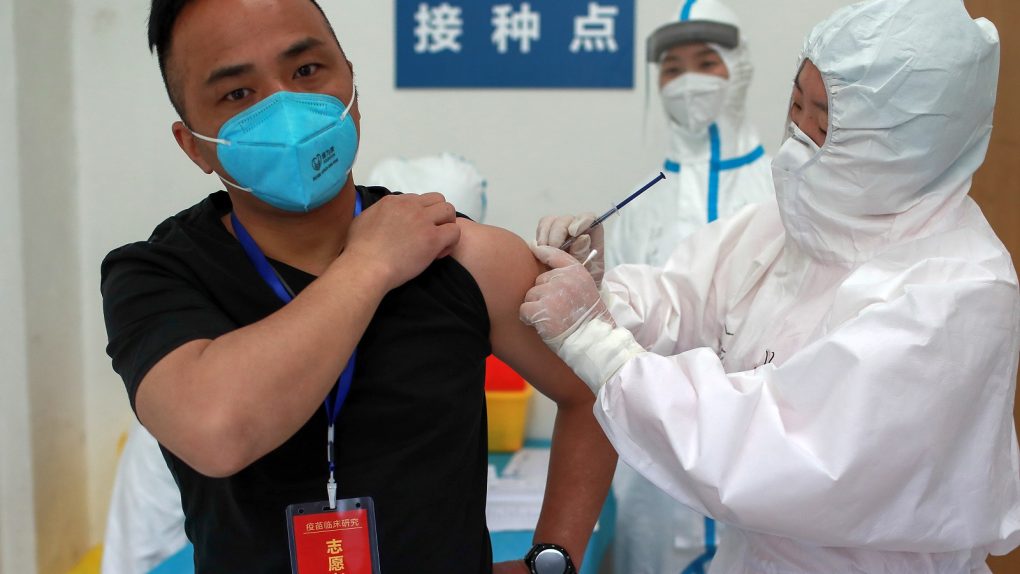- A researcher from the University of Missouri has used computer-aided drug design to find four drugs that could serve as potential treatments for the coronavirus.
- Kamlendra Singh says that remdesivir, 5-fluorouracil, ribavirin, and favipiravir could block the replication of the viral genome, which is essential for the formation of the virus.
- Singh also warns that coronavirus, like any virus, could mutate to make these drugs ineffective, but still believes that they should be tested to determine efficacy.
- Visit BGR’s homepage for more stories.
It has been almost two months since the World Health Organization declared the coronavirus outbreak a pandemic. In that time, the death toll and the infection rate have skyrocketed, even as some countries have managed to contain the virus. According to the Johns Hopkins Coronavirus Resource Center, over three and a half million people have been infected as of Wednesday, May 6th, and more than 250,000 have passed away.
While social distancing, personal hygiene, and stay-at-home orders have all helped to mitigate the disaster, we won’t be able to even think about getting back to normal until an effective treatment or a safe vaccine has been developed and widely distributed. We could be waiting months for a vaccine, but treatments might not be quite as far off, as a researcher at the University of Missouri has found four antiviral drugs that could treat COVID-19.
According to Medical Xpress, Kamlendra Singh, a College of Veterinary Medicine associate professor, and his team used computer-aided drug design to see how effective remdesivir, 5-fluorouracil, ribavirin, and favipiravir would be in treating COVID-19. All four were found to be effective in stopping the virus from copying itself.
“As researchers, we have an obligation to search for possible treatments given that so many people are dying from this virus,” Singh explained. “These antiviral drugs, if they turn out to be effective, all have some limitations. But in the midst of a global pandemic, they are worth taking a deeper look at because based on our research, we have reason to believe that all of these drugs could potentially be effective in treating COVID-19.”
Singh warns that even if these drugs do prove effective, as remdesivir already has (at least in a limited capacity) the virus could mutate and develop resistance to any or all of them. This is a potentially exciting development, but the drugs needed to be tested on patients to see how they interact with the virus.
“Our goal is to help doctors by providing options for possible treatments of COVID-19, and to ultimately contribute in improving the health outcomes of patients suffering from the infectious disease,” Singh said. “As researchers, we are simply playing our part in the fight against the pandemic.”
You can read the entire article about coronavirus drugs from Singh and his team at MDPI.com.








